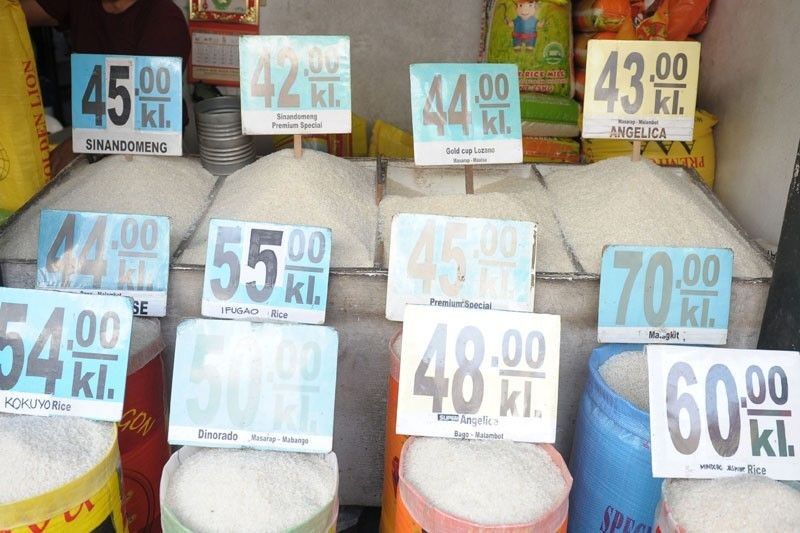‘Rice traders gain P51 billion windfall profits from RTL’

MANILA, Philippines — Local farmers are claiming that traders and importers managed to corner P51.5 billion in windfall profits during the first year of the opening up of the rice industry to cheap imports.
In its latest study, the Federation of Free Farmers said farmers suffered P40 billion in losses and consumers barely gained any benefits, while traders and importers ran away with P51.5 billion in windfall profits in the first year of the Rice Tariffication Law.
Average annual incomes of farmers declined by 21 percent or by P17,355 per hectare per cropping season.
For consumers, retail prices fell by an average of P3.90 per kilogram, equivalent to a measly P1 per day for every consumer.
While wholesale prices went down due to imports, FFF said traders shared only half of the decrease with consumers and kept the other half to themselves, resulting in a windfall profit of P37 billion.
Importers in turn reaped up to P14.5 billion in gross profits, and were able to save nearly P2.5 billion in tariffs by not declaring the true value of their imports to the Bureau of Customs.
The FFF study attributed the farmers’ losses to the drastic drop in palay prices following the huge inflow of imports after the RTL was passed into law.
Two million metric tons of rice arrived during the first seven months of the law’s implementation, raising national stocks to 42 percent by September 2019.
The supply glut coincided with the main harvest, forcing traders to either suspend operations or buy palay from farmers at deeply discounted prices. Palay prices nosedived from an average of P22.04 per kilo to just P14.40.
The study also noted that the promised drop in consumer prices didn’t happen because the RTL proponents had overstated their forecasts by basing them on export prices of surplus rice which are usually low compared to normal domestic market rates.
The FFF maintained that the law is not working well as new problems have emerged, necessitating changes in the law and its implementation.
Suggested reforms include the more proactive use of trade remedies under the World Trade Organization and local laws, stricter oversight on rice industry players, and preventing the undervaluation of imports.
The FFF also called for the redesigning of the Rice Competitiveness Enhancement Fund to make it more responsive to farmers’ needs, strengthening farmers’ participation in rice programs, and restoring some National Food Authority functions to prevent profiteering and price manipulation.
The study underscored the need for a more nuanced and strategic approach to rice trade liberalization to ensure the country’s long-term food security.
- Latest
- Trending
























